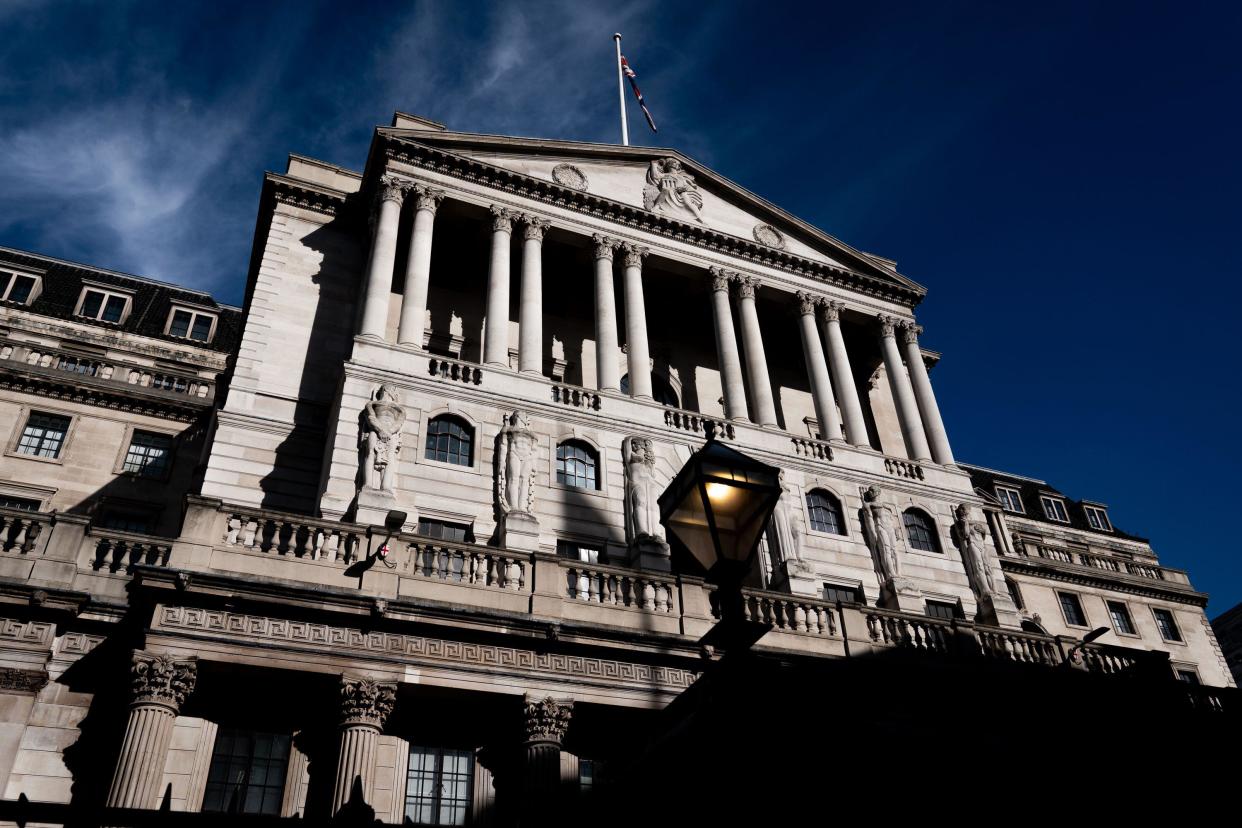'Britcoin' on hold as Bank of England considers blockchain tech

A Bank of England official stressed the Bank's mind isn't made up about rolling out a digital pound, while touting the potential benefits of tokenisation, in a speech on Monday. Deputy Bank of England governor, Sarah Breeden, said that the consultation on what has been dubbed by the press as 'Britcoin' is ongoing, with an exploration of central bank digital currencies (CBDCs) a potential part of the future of digital payments in the UK.
In April 2021, the Bank said it would launch a task force in collaboration with the Treasury to explore the viability of a digital pound. At the time, the Bank said any CBDC would be a new form of digital money that could be used by households and businesses. It would exist alongside cash and bank deposits and not replace them.
The Bank also previously said if it were to launch a CBDC it would not be until the end of the decade. It views one of its biggest risks as the potential for digital money to undermine confidence in money and payments and in the entire financial system.
Read more: European stock markets mixed amid rising tensions in the Middle East
"Our work over the next two years or so will be focused on making a robust and objective assessment of potential benefits and costs, including operational and technical feasibility," said Breeden on Monday. "To do that, we will consider the potential design of a digital pound in greater detail, informed by technology experimentation and proofs of concept with the private sector."
Meanwhile, the Bank is looking closely at the possibilities of distributed ledger technology (DLT) and tokenisation
This tech has the "potential to offer greater efficiency and functionality for ‘real world’ retail and wholesale payments," Breeden said. "That innovation matters for our role in maintaining monetary and financial stability, and also has the potential to offer significant benefits for customers and businesses, economic activity and growth."
DLT could facilitate "faster, more efficient processes with fewer intermediaries," she added, explaining that tokenisation has the potential to increase liquidity on a wider range of financial assets.
Watch: Bitcoin ETF boom won't mimic previous retail investor-led rallies' | The Crypto Mile
Download the Yahoo Finance app, available for Apple and Android.


